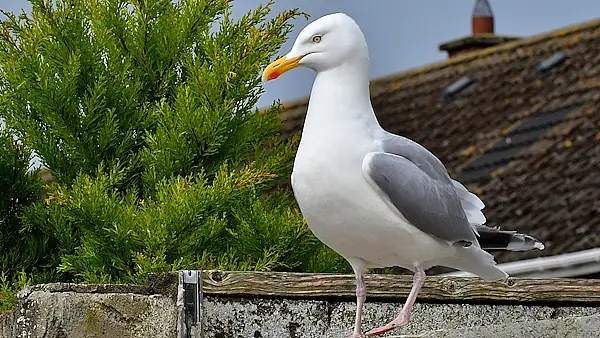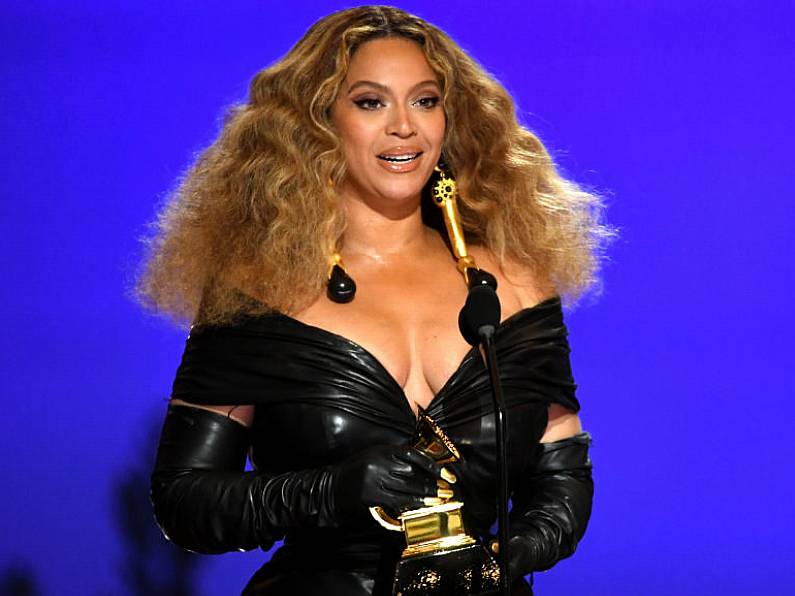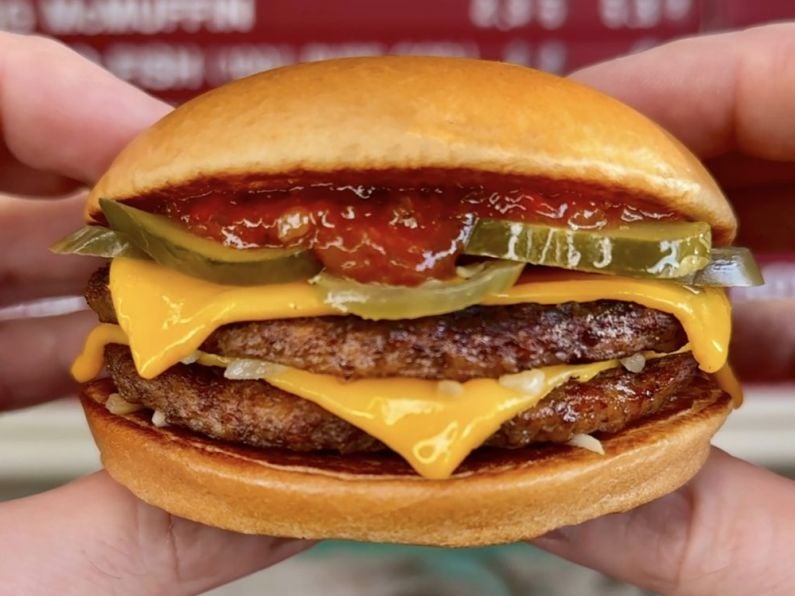New research says seagulls are less likely to swoop in to take your food if you stare at them.
According to a study by the University of Exeter, gulls take an average of 21 seconds longer to approach snacks when a human is keeping an eye on them.
Researchers placed a bag of chips of the ground and counted the length of time it took a gull to approach while they were staring at them versus when their back was turned.
Of 74 gulls involved in the test, 47 refused to approach the food at all when a human was nearby.
Only 19 completed the “looking at” and “looking away” test.
Author of the report, Madeline Goumas, said some gulls could be an exception to the findings because they are already used to being fed by people.
Ms Goumas said: "A couple of individuals that didn't seem to look at me, though there was quite a variation in behaviour, so there is nothing to suggest absolutely all gulls are doing this. It's something that seems to be the majority are noticing when you are looking at them.
"There were a couple of gulls because, obviously, I was looking at them, I could see where they were looking, some of them would look me in the eye, and those were the ones that were particularly cautious, and some of them were like 'oh chips!'."
Dr Neeltje Boogert senior author of the Exeter study said: “Gulls learn really quickly, so if they manage to get food from humans once, they might look for more.”
“Our study took place in coastal towns in Cornwall, and especially now, during the summer holidays and beach barbecues, we are seeing more gulls looking for an easy meal.
“We, therefore, advise people to look around themselves and watch out for gulls approaching, as they often appear to take food from behind, catching people by surprise."
“It seems that just watching the gulls will reduce the chance of them snatching your food.”
Ms Goumas added: “Gulls are often seen as aggressive and willing to take food from humans, so it was interesting to find that most wouldn’t even come near during our tests.
“Of those that did approach, most took longer when they were being watched.

“Some wouldn’t even touch the food at all, although others didn’t seem to notice that a human was staring at them.
“We didn’t examine why individual gulls were so different – it might be because of differences in “personality” and some might have had positive experiences of being fed by humans in the past – but it seems that a couple of very bold gulls might ruin the reputation of the rest.”






